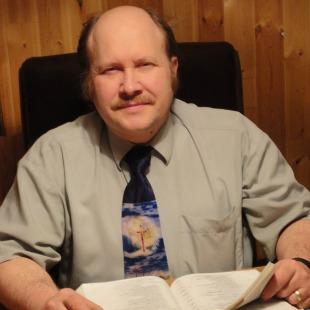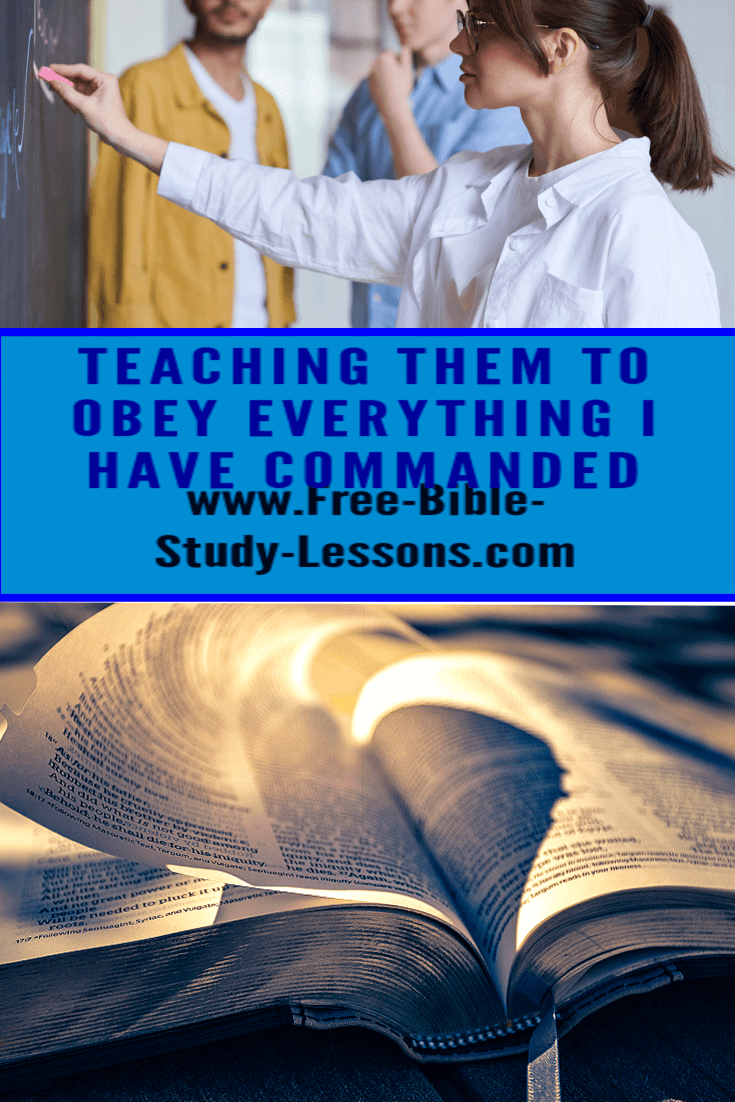| site search by freefind |
- Home
- Deep Pain
[If you purchase anything on this site, I may make a commission. Disclosure Policy]
Handling
Deep Pain
Hannah described herself as a woman with [or in] a “sorrowful spirit” [KJV], “deep pain and anguish [NET], “great anguish and grief” [NIV], great concern and provocation” [NAS], “desperately unhappy” [The Message] or “great anxiety and vexation” [RSV] in 1 Sam. 1:16. One thing is certain: she knew what it was like to have an intense yearning for something that, in the natural, she could do nothing about. On top of that, she had a jealous and spiteful person who enjoyed tormenting her about it. At times, when other members of the family were celebrating, her distress was so great that she lost her appetite. Nevertheless, she had learned the secret of dealing with deep pain.
Sitemap -
Newsletter -
Statement Of Faith -
Donate
Follow us on social media for daily Scripture comments and more at MeWe, Facebook or YouTube.
Worshipping God
While In Deep Pain
The first thing we notice is that she never stopped worshipping God. Year after year, she would go up to Shiloh with her husband and the other members of the family. This was the time when the pain was the most intense. This was the time when the rival wife made her feel the worst. She could have escaped some of it by staying home and losing herself in her daily routine. In fact, it might have been a relief not to have Peninnah around for a few days. There was nothing in the law that compelled her to go. From the way her husband acted toward her, it is clear that he would not have tried to force her to go.
So why go? It was an expression of her worship and personal dedication to God. Hannah’s commitment to God was greater than her pain. She did not worship God to reap benefits. She worshipped God because He was God. Her personal situation was irrelevant.
In our modern society, we often feel like the centre of our own little world. Everything revolves around us. If it benefits us [or those we care for], we keep it; if it doesn’t advance our agenda or if it causes us deep pain, we jettison it. We approach God in the same way. When things are going well, we worship and praise, and God is great. When something bad happens, we blame God and leave the church. In essence, we are our own god, and we sit in judgment of God, rewarding or punishing Him by our actions, depending on how good we think He is doing in relation to us. Of course, we would not actually say it like that, but it is the heart of the matter.
Deep Pain Expressed
The second thing we see is that, although Hannah was there to worship, she did not hide her pain. She did not put on a mask and pretend that everything was OK. She was in pain. That was a fact. That was a part of who she was at that time. No point in putting on a plastic smile.
Christians live in a real world—a world that is suffering the effects of sin and its consequences. Christians are not immune to suffering, whether for their own sins, the sins of others, or the “natural” events of life. [See my book How To Know For Sure God Loves You.] Jesus certainly did not live a pain-free, stress-free life. We should not expect to either. Admitting our deep pain is not a denial of our faith or the truth of Christianity.
On the other hand, her actions were not the self-pitying moans of someone seeking sympathy. There was no earthly solution or comfort for her problem. Nor was she trying to make others feel bad because “misery loves company.” She worshipped. She didn’t try to hide where she was.
Run To God
And thirdly, she turned to God. She allowed her deep pain to drive her to God. How often is it that when we face anguish and tragedy, our first response, like Adam and Eve, is to run from God? We are tempted to think that He doesn’t love us, that He doesn’t care. After all, if He did, then why did He allow this to happen? We blame God like the man who smokes most of his life and then gets lung cancer. Sometimes we are simply refusing to see the consequences of our own actions. At other times, like Hannah, something is wrong or happens through no fault of our own. We become angry. We didn’t deserve this. Why does someone else get all the blessings? Why is their family protected? We are asking questions beyond our ability to understand or God’s desire to communicate at this time.
God is looking for trust and obedience. In Hannah, He found it. There is no evidence that she blamed God for her condition, although the Scripture records explicitly that “the LORD closed Hannah’s womb” [1 Sam. 1:6]. At some level, Hannah knew God was sovereign and had a plan. But that didn’t stop the deep pain…or lessen her desire to be a mother. So instead of running from God, she ran to Him. She poured out her heart to Him. And He heard and answered.
This is the response we need, no matter how much we are reeling in pain and confusion. We need to run to God and pour out our hearts to Him, instead of going to a doctor or psychologist for emotion-dulling drugs. He listens. He cares. He feels our pain. This does not mean that we get instant relief or instant answers. Hannah didn’t. Sometimes we have to work or walk through things, but Jesus will go through them with us if we will let Him.
Will we always get the answer we want in the end? Will we always finally understand the “whys?” Sometimes, but not always. Sometimes we may go to our grave without ever seeing the answer or understanding why. But we will have built our trust and relationship with Jesus. We will know Him better, and that is the true goal of life, the ultimate blessing. And we can rest in faith knowing that there is a plan and good will come of it. And sometimes, through persistent prayer, we will see our desires come to pass. God delights in delighting His children. Hannah never gave up. And neither should we until we have a definite “yes” or “no.” Too many people end up with what appears to be a “no” simply because they gave up too early.
Follow us on social media for daily Scripture comments and more at MeWe, Facebook or YouTube.
Sitemap -
Newsletter -
Statement Of Faith -
Donate
Sign up for our free monthly newsletter or take one of our free Bible Study courses.
Please note: We no longer have the commenting feature [maybe again in the future]. Joshua Institute students who have questions or comments on their courses can use the contact button and mention the course name and lesson number in the email. Thank you. Glenn

For more information about Glenn Davis, see our About Glenn page or visit Glenn Davis Books.
Privacy - Disclosure













